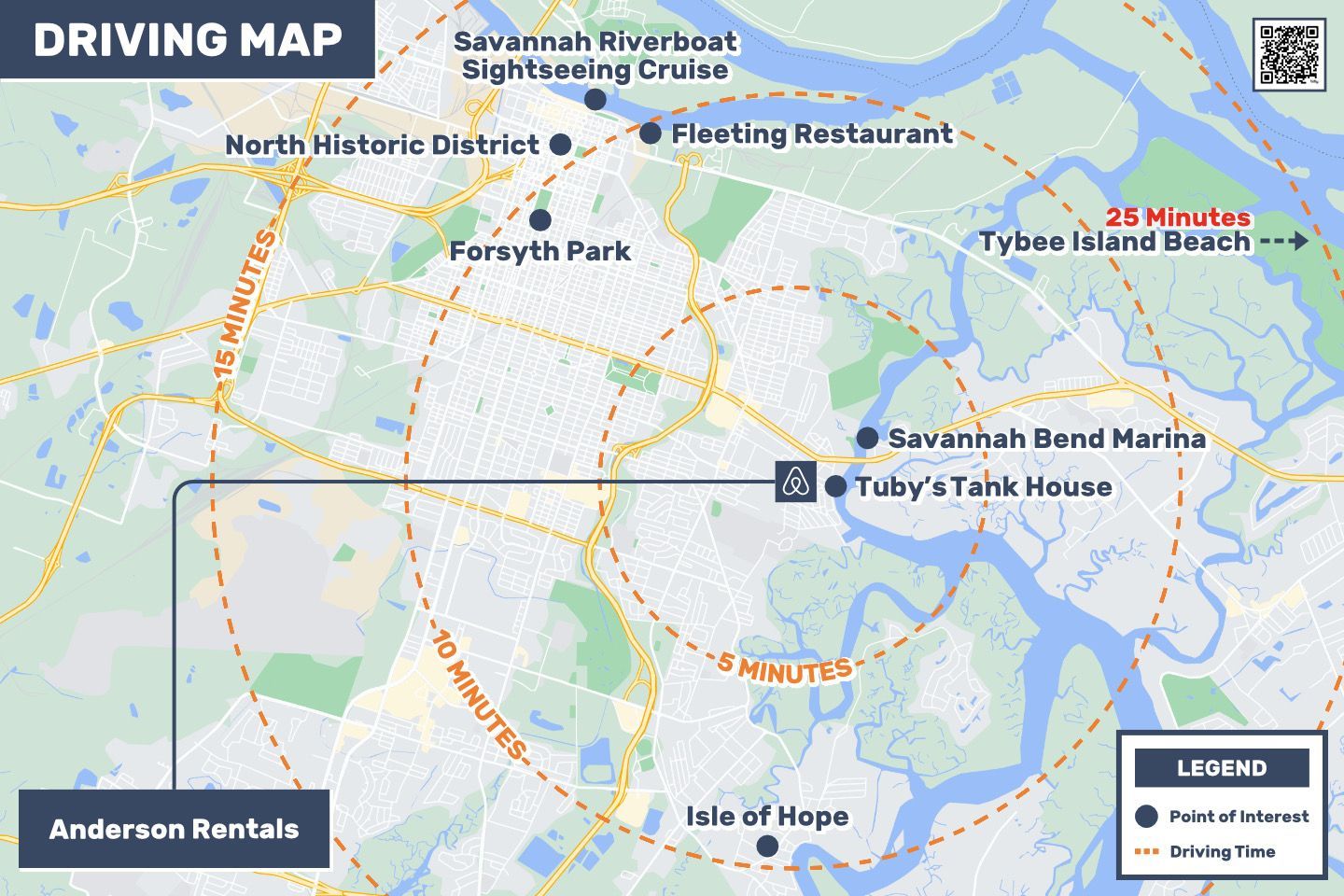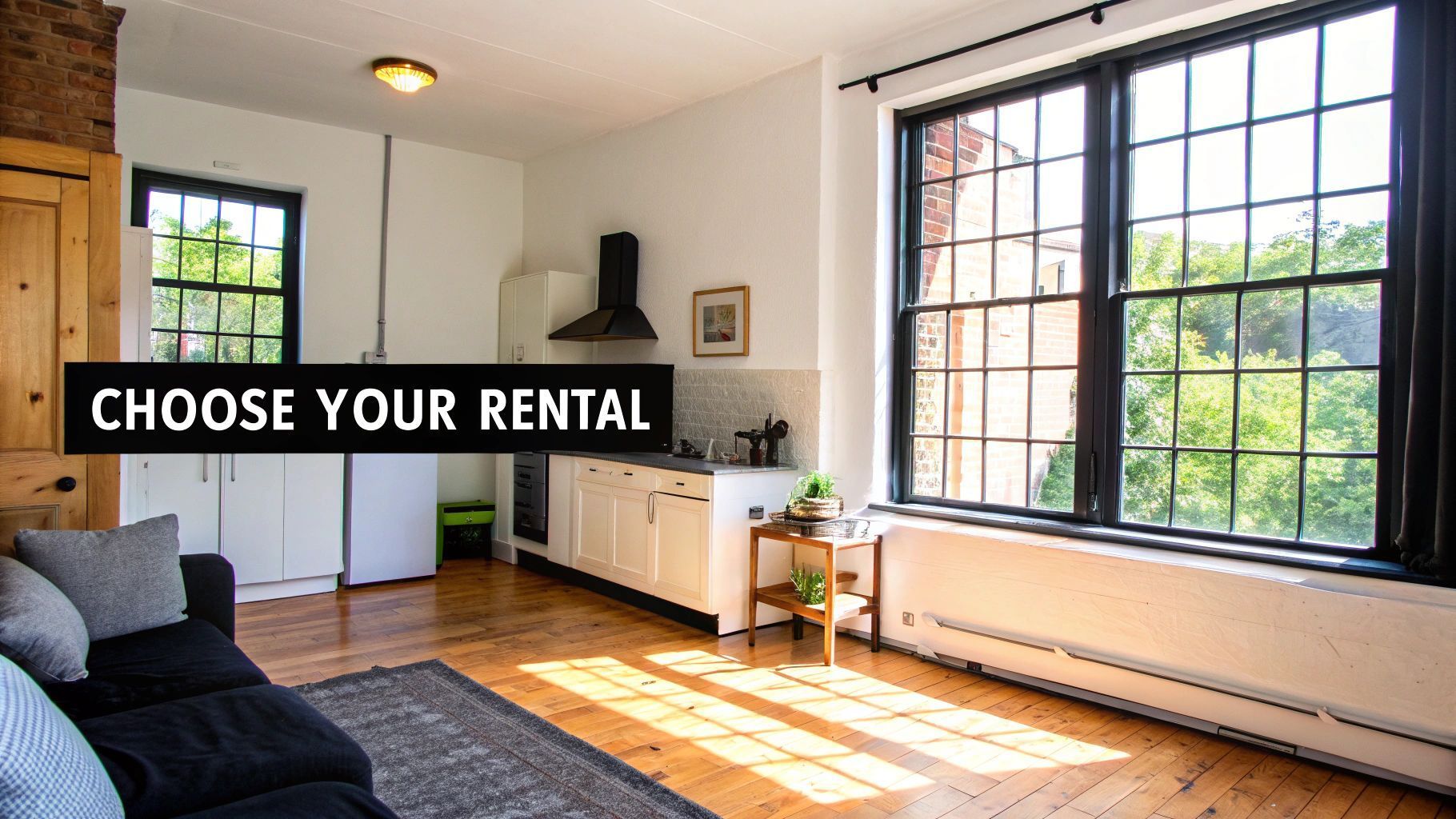The Rise of Airbnb in Hospitality
The Rise of Airbnb in Hospitality
In the realm of hospitality, Airbnb has emerged as a game-changer.
Its innovative business model has disrupted traditional lodging norms.


 ( https://unsplash.com/@tjump
)
( https://unsplash.com/@tjump
)
Airbnb offers a unique blend of local experiences and diverse accommodations. From shared rooms to luxury homes, it caters to a wide range of travelers.
But it’s not just about the guests. Airbnb also provides hosts with an opportunity to monetize their extra space.
This article delves into the rise of Airbnb, its impact on the hospitality industry, and its comparison with competitors like VRBO. We’ll also explore Airbnb’s presence in popular locations, such as Austin.
Join us as we navigate the fascinating journey of Airbnb in the hospitality sector.
Airbnb’s Founding and Growth
Airbnb’s journey began in 2008. It was the brainchild of Brian Chesky, Joe Gebbia, and Nathan Blecharczyk.
The trio, living in San Francisco, struggled to pay their rent. They saw an opportunity when a design conference came to town.
They rented out air mattresses in their living room to attendees. This was the humble beginning of “AirBed & Breakfast”, later shortened to Airbnb.
The platform quickly gained traction. It offered a unique solution to the age-old problem of finding affordable, short-term accommodation.
Today, Airbnb operates in over 220 countries and regions. It boasts more than 7 million listings worldwide, surpassing many established hotel chains.
Airbnb’s rapid growth is a testament to its innovative approach and the power of the sharing economy.
Disrupting Traditional Hospitality
Airbnb has significantly disrupted the traditional hospitality industry. It has done so by offering a unique value proposition to travelers.
Unlike hotels, Airbnb provides a diverse range of accommodations. These range from shared rooms to luxury villas, catering to different budgets and preferences.
Airbnb also offers a more personalized and local experience. Guests can live like locals, a feature that many modern travelers appreciate.
However, this disruption has not been without controversy. Many hotels and B&Bs have raised concerns about unfair competition.
Despite these challenges, Airbnb’s impact on the hospitality industry is undeniable. It has forever changed the way people travel and stay.
Airbnb vs. VRBO: A Comparative Analysis
Airbnb and VRBO are two of the most popular vacation rental platforms. Both have their unique strengths and target markets.
Airbnb offers a wider variety of accommodation types. This includes shared rooms, private rooms, and entire homes. VRBO, on the other hand, focuses mainly on entire homes or apartments.
- Airbnb: Offers shared rooms, private rooms, and entire homes.
- VRBO: Primarily offers entire homes or apartments.
In terms of fees, Airbnb charges both hosts and guests. VRBO charges only the hosts. This difference can influence the final price for guests and the earnings for hosts.
Despite these differences, both platforms have significantly contributed to the rise of the sharing economy. They have transformed the way people travel and stay, offering more choices and flexibility.
Airbnb’s Impact on Local Economies: The Case of Austin
Airbnb has a significant presence in Austin, Texas. The city is known for its vibrant music scene and cultural festivals, attracting many tourists.

The influx of Airbnb guests contributes to the local economy. They spend money on local businesses, boosting the city’s tourism sector.
Austin hosts also benefit from the platform. They can earn extra income by renting out their properties. This income can be substantial, especially during popular events like SXSW.
However, the rise of Airbnb in Austin has also sparked debates. Some argue it contributes to rising property prices and rental rates. These are complex issues that cities worldwide grapple with as they navigate the impacts of the sharing economy.
The Benefits and Challenges for Airbnb Hosts and Guests
Airbnb offers unique benefits to both hosts and guests. For hosts, it provides an opportunity to monetize their extra space. They can earn income by renting out their properties, whether it’s a single room or an entire house.
Guests, on the other hand, enjoy a wide range of accommodation options. From budget-friendly shared rooms to luxury villas, there’s something for everyone. Plus, staying in a local’s home often provides a more authentic travel experience.
However, there are also challenges. Hosts must navigate local regulations and manage their properties effectively. They also need to provide a high-quality experience to maintain good reviews.
Guests may face issues too. Unlike hotels, Airbnb properties vary greatly in quality and service. Plus, dealing with cancellations or disputes can be more complicated than with traditional accommodations.
Regulatory Hurdles and Community Relations
Airbnb’s business model has faced regulatory challenges in many cities. Some local governments have imposed strict rules on short-term rentals. These regulations aim to protect the housing market and maintain community standards.
In some cases, Airbnb has been accused of contributing to housing shortages. Critics argue that properties are being taken off the rental market to be listed on Airbnb. This can lead to increased housing prices and tensions with local residents.
Airbnb has responded by working with governments to develop fair regulations. They also encourage hosts to respect local laws and community norms.
Despite these challenges, Airbnb continues to thrive. Its ability to adapt and collaborate with local authorities is key to its success.
Looking Ahead: Airbnb’s Future in Hospitality
The future of Airbnb in the hospitality sector looks promising. The company continues to innovate and adapt to changing travel trends. It is exploring new markets and expanding its service offerings.
Airbnb’s focus on local experiences and sustainable tourism sets it apart. This aligns with the growing demand for authentic and eco-friendly travel.
However, the company will need to navigate ongoing regulatory challenges. It must also manage the impact of global events like the COVID-19 pandemic.
Despite these hurdles, Airbnb’s unique business model and strong brand position it well for future growth.










